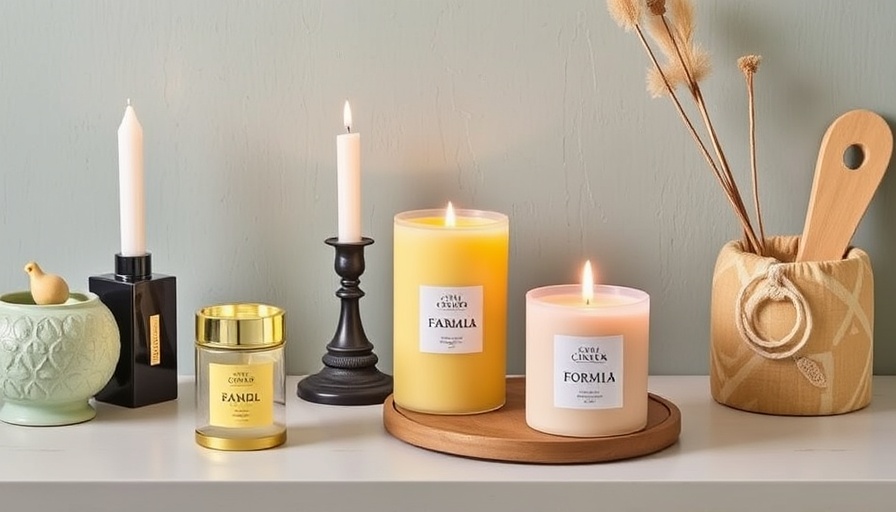
How Fast Homewares Became the New Must-Have
In recent years, supermarkets and high street stores have transformed the way we shop for our homes. Nowadays, it’s not unusual to pick up enticing homewares like chic cushions or stylish ceramics while shopping for groceries. This shift to affordable, trend-driven home items is reshaping our consumer habits and posing essential questions about sustainability and value.
Reflecting on Our Choices
Consider a typical shopping trip: you walk in to buy bread, yet you leave with a decorative candle. This scenario, humorously depicted by Scottish consumer Carol Murdoch, highlights how shopping for homewares has become a cultural norm. Such spontaneous purchases may seem harmless, yet they reflect a broader trend in the fast homeware industry.
The Fast Homeware Industry’s Rise
In the past decade, fast homewares have embraced an impressive rise. Renowned retailers like Ikea, Dunelm, and Amazon have expanded their offerings, catering to a growing demand for stylish yet inexpensive decor. As estimated by GlobalData, the UK homeware market was valued at an astounding £14.32 billion in 2023. Meanwhile, discount retailers like Lidl and Aldi are capturing a significant portion of this booming market.
Considerations for Homeowners
But as enticing as these home goods may be, how do they actually affect the designers, workers, and our planet? The rise of fast fashion in clothing has encouraged many to be more cautious about their purchases; however, similar scrutiny is often lacking in homeware. Understanding where our products come from and the labor behind them can motivate us to make more informed and sustainable choices.
Key Takeaways for Your DIY Projects
- Choose Wisely: Before making a spontaneous purchase, ask yourself if you truly need the item or if it will just add clutter.
- Prioritize Quality: Sometimes, spending a little more on handcrafted, sustainable goods can be more beneficial in the long run.
- Support Local: Wherever possible, opt for local artisans and manufacturers who utilize eco-friendly practices.
As homeowners and DIY enthusiasts in Folsom and El Dorado Hills, becoming aware of your consumption habits can lead to better home improvement decisions that benefit both your living space and the environment. Let’s value quality over quantity, fostering a more sustainable approach to our homes.
 Add Row
Add Row  Add
Add 




Write A Comment